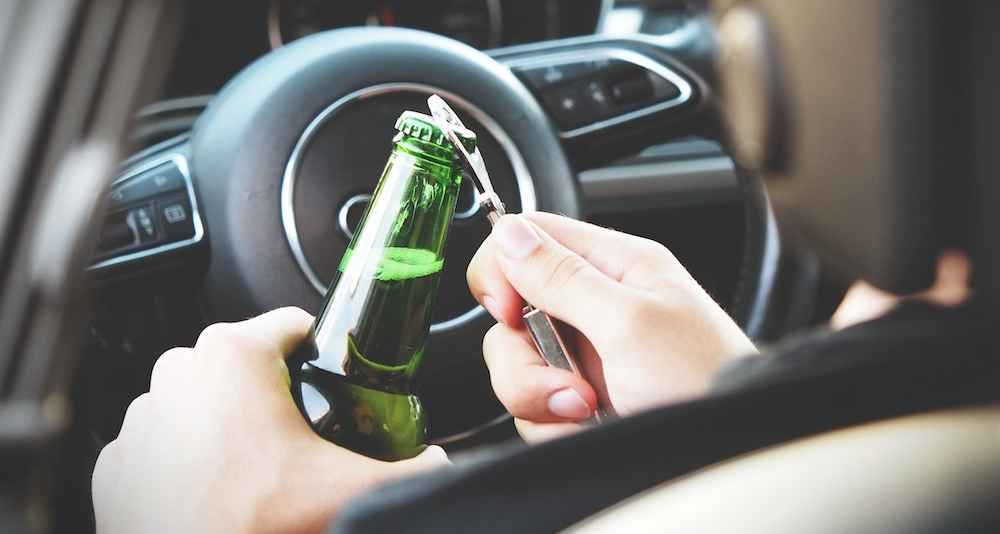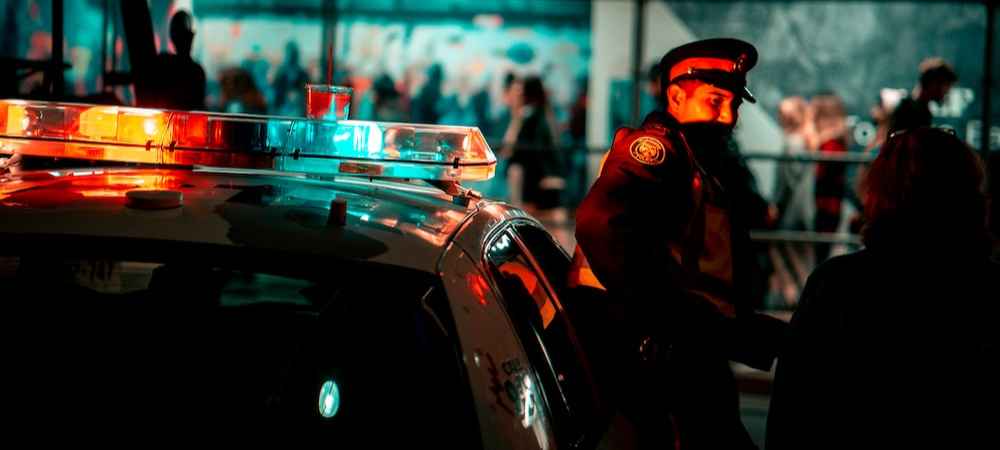Open Container Law in Texas

The current open container law in Texas was part of a push to make the laws around drinking and driving stricter. Moreover, they had to comply with the Federal Transportation Equity Act to ensure the state received funding.
For over a decade, there have been no significant changes to the open container law. However, many Texans remain confused about what the law covers. When you receive an open container ticket in Houston, TX, it’s not always easy to navigate the legal system.
With an experienced criminal defense attorney, you have someone to guide you through it. Schedule a free case evaluation today to learn more.
What Is an Open Container?
The term “open container” seems simple at first. However, the penal code is not so easy to interpret. The Texas Penal Code, Title 10, § 49.031 covers possession of an alcoholic beverage in a motor vehicle.
Per the penal code, a person commits this offense when they knowingly possess an open container in the passenger area of a vehicle on a public highway. This applies whether the vehicle is in transit, stopped, or parked.
For many Texas, the open container law leaves them with many questions.
- Can a passenger have an open container or is that against the law, too?
- Does an open container ticket go on your record?
- If the open container is in the trunk, is that illegal?
- Is it legal to drive with an open container of alcohol anywhere in the car?
- What are the consequences if I unintentionally violate this law as a driver or passenger?
At first, you might think you understand what qualifies as an open container, public highway, and passenger area. However, many Texas drivers don’t realize that these laws are stricter than many believe.
For instance, “open container” applies to a bottle, flask, or other container with any level of alcohol in it that is currently open or has been opened. Put simply, a previously opened bottle of whiskey counts under the open container law in Texas.
The only exclusions are containers that have never been opened or still have an intact factory seal.
What Counts as the “Passenger Area”?
The “passenger area” of this law is also a point of confusion. Essentially, any area where a container of alcohol is visible to the driver and within reach counts. However, the law specifically excludes open containers in the following areas.
- A locked glove compartment
- The trunk
- Areas behind the back row of seats in cars without trunks
“Public Highway”
Lastly, while the penal code refers to “public highways” specifically, this includes more than interstates and freeways. In reality, it applies to any container on a publicly maintained road.
Additionally, it includes areas immediately around any public road. So, if you park on a quiet back road, it’s possible to violate this law.
What Are the Penalties of the Open Container Law in Texas?
On its own, possession of an open container in a vehicle is a Class C misdemeanor. The base penalties include a fine of up to $500. It carries no mandatory jail time.
So long as you and your passengers violate no other laws, you receive a ticket and pay a fine. However, a violation of the open container law enhances the penalties of other crimes.
For instance, if you face DWI charges, an open container in your vehicle increases the fines and jail time you face. Oftentimes, we refer to this as an “open container enhancement.”
In such a case, this violation of the open container law is open to treatment as a Class B misdemeanor. This level of misdemeanor carries fines of up to $2,000 with potential jail time of up to 180 days.
Similarly, if you receive a charge for an open container while on DWI probation or with a suspended driver’s license, the potential penalties grow yet more severe. No matter the penalty, it’s important to understand how far-reaching the consequences can be.
While the state’s punishment is limited to a relatively minute fine, it goes on your record. Often, this has a negative impact on academic and career pursuits. For example, you might have a harder time attaining financial aid.
Additionally, many employers check criminal records. Moreover, when you need a professional license or security clearance, these records come under consideration. Lastly, car insurance companies often consider people with open container law convictions a higher risk. That leads to higher monthly premiums.
Fighting an Open Container Charge
Whether you face basic open container charges or an enhancement to your DWI, you have an opportunity to fight the charge. If an officer pulls you over, the law requires that they have reasonable suspicion and sufficient cause to search your vehicle.
If your charges stem from an illegal stop or an unlawful search, you need an experienced criminal defense attorney on your side. At The Martinez Law Firm, our DWI defense attorneys have a great deal of experience and expertise. Let us help you protect your future and fight for your rights.
Don’t hesitate to schedule a free consultation today.









